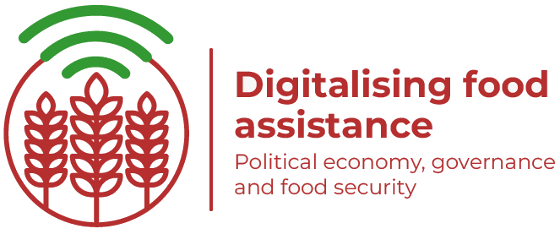Research sites: Sudan
Population number: 48,292,951 (World Bank, 2023)
HDI (Human Development Index): 171 with a score of 0.51 (UNDP,2022). In 2023, almost 25 million people were in need of humanitarian assistance (UN OCHA, 2023).
Research partners: We are working with the University of Khartoum, which was established over 120 years ago and that has played a crucial role in the country’s educational and intellectual development. CEDEJ Khartoum (the Centre for Economic, Legal, and Social Studies) has supported the Faculty of Economic and Social Studies at the University since the 1990s to enable Sudanese and foreign researchers to conduct research in Sudan. The Darfur Development and Reconstruction Agency (DDRA) is our NGO partner. It is a national NGO established by a group of Darfuris to address and alleviate the effect of conflict in Darfur.
Country’s Digital and Food assistance context and practices:
- Mobile phone users in Sudan have increased form one thousand in 2000, when it was first introduced, to more than 13 million in 2022. The digitalisation of Sudan’s banking system started in 2010 but it was with the 2019 revolution that daily life became digitalized for Sudan’s upper and middle classes and banking apps were used to pay government salaries, bills, and to shop. After April 2023, connectivity has been weak or non-existent.
- WFP introduced digital practices in 2013 for assessments, followed by a biometric beneficiary management system and prepaid bank cards and banking agents (from 2015). Mobile money transfers were carried out by WFP and in the new country-wide Family Support Programme (FSP) in 2021.
- Sudan is a highly unequal country with wealth and power concentrated in the centre, and food insecurity and famine in its peripheries. Since independence (in 1956) the country has almost continuously been at war with itself, including in Darfur from 2003 onwards, leading to WFP’s largest operation, globally. Food aid has a long history of manipulation in Sudan. A popular uprising in 2019 ousted an abusive military dictatorship but economic crisis, political instability, and food security continued to deteriorated. The 2021 military coup and April 2023 war has further intensified the risk of famine.
We aim to focus particularly on marginalised populations in Darfur, Khartoum, & Gezira.
